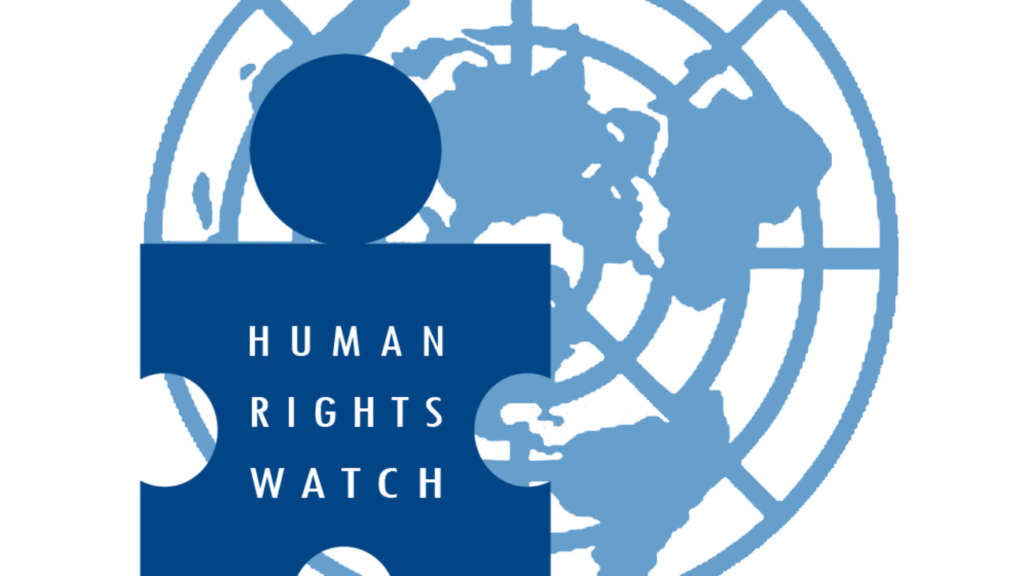The referral of a businessman to trial before a military court, and the incommunicado detention of seven other men in undisclosed locations, is a threat to human rights in Tunisia, Human Rights Watch said on Friday.
Authorities arrested the well-connected businessman, and seven other men, between May 23 and 25, 2017. They placed them under “house arrest” in an unknown location, a procedure allowed under the country’s state of emergency. Authorities said the men were involved in corruption and represented a threat to state security.
“A genuine democratic transition has no place for military trials for civilians or secret detention, no matter how serious the charges,” said Amna Guellali, Tunisia director at Human Rights Watch. “Just as transparency and the rule of law are the best safeguards against corruption, they should also guide the fight against corruption, if that is indeed what these cases are about.”
Under Tunisian and international law, all detainees have the right to be promptly informed of the charges against them, to contact their family and lawyer, and to have their detention reviewed by a judge. International law views house arrest as a form of detention that warrants basic safeguards that the government must respect even during a state of emergency.
HRW called on the authorities to promptly disclose the whereabouts of the detainees, ensure they can freely communicate with their lawyers, and ensure they and their lawyers have access to incriminating evidence against them. All the detainees should be brought promptly before a judge to review the legality and necessity of their detention.
The Interior Ministry stated earlier on its website that it had “place[d] under house arrest a number of people, based on information proving their involvement in acts threatening public security and order.” The ministry described the measures as preventive, limited in duration, and warranted by the need to protect security and fight corruption. The ministry asserted that it would respect the legal guarantees enshrined in the constitution and in the laws pertaining to people placed under house arrest, and would stop using this measure when the state of emergency was lifted.
Tunisia’s state of emergency is based on a 1978 presidential decree that gives the Interior Ministry the authority to order the house arrest of anyone whose “activities are deemed to endanger security and public order.” The emergency decree does not stipulate that authorities must disclose the location of the house arrest.
